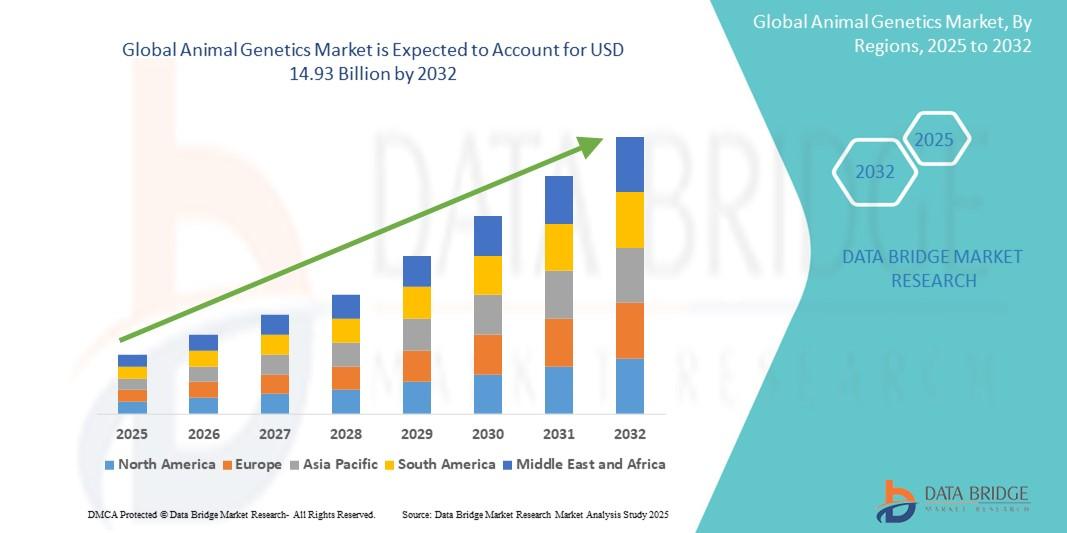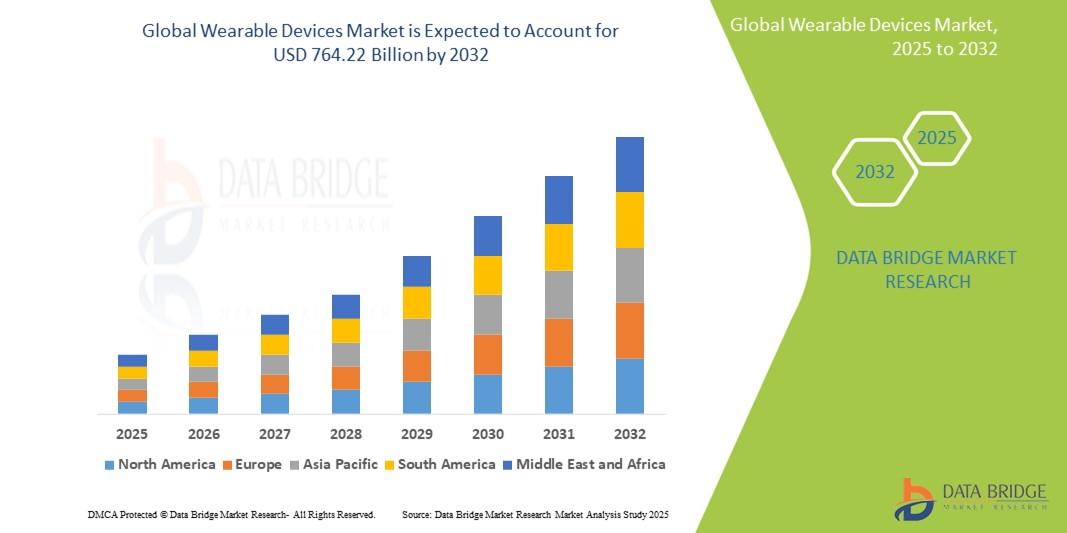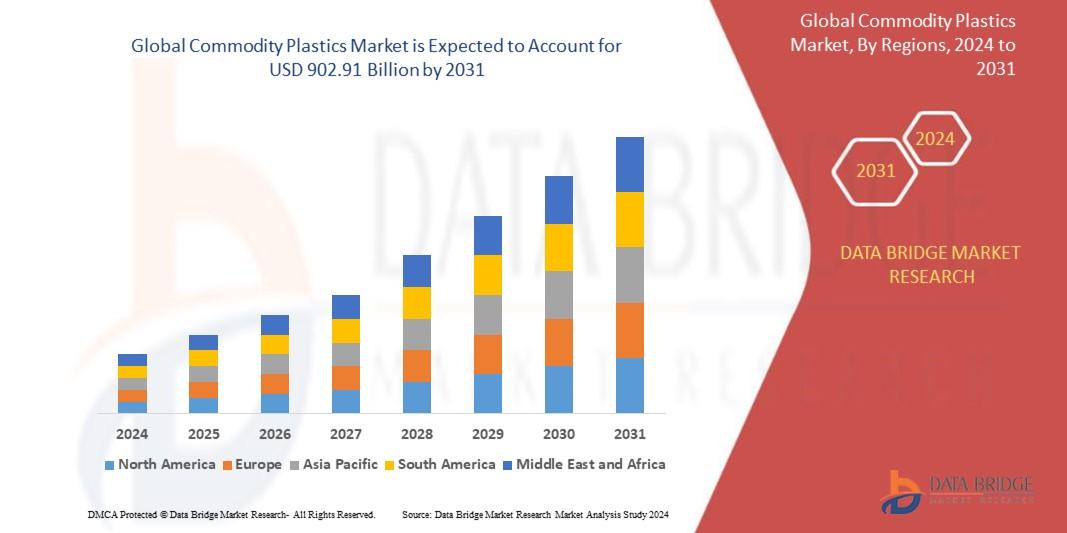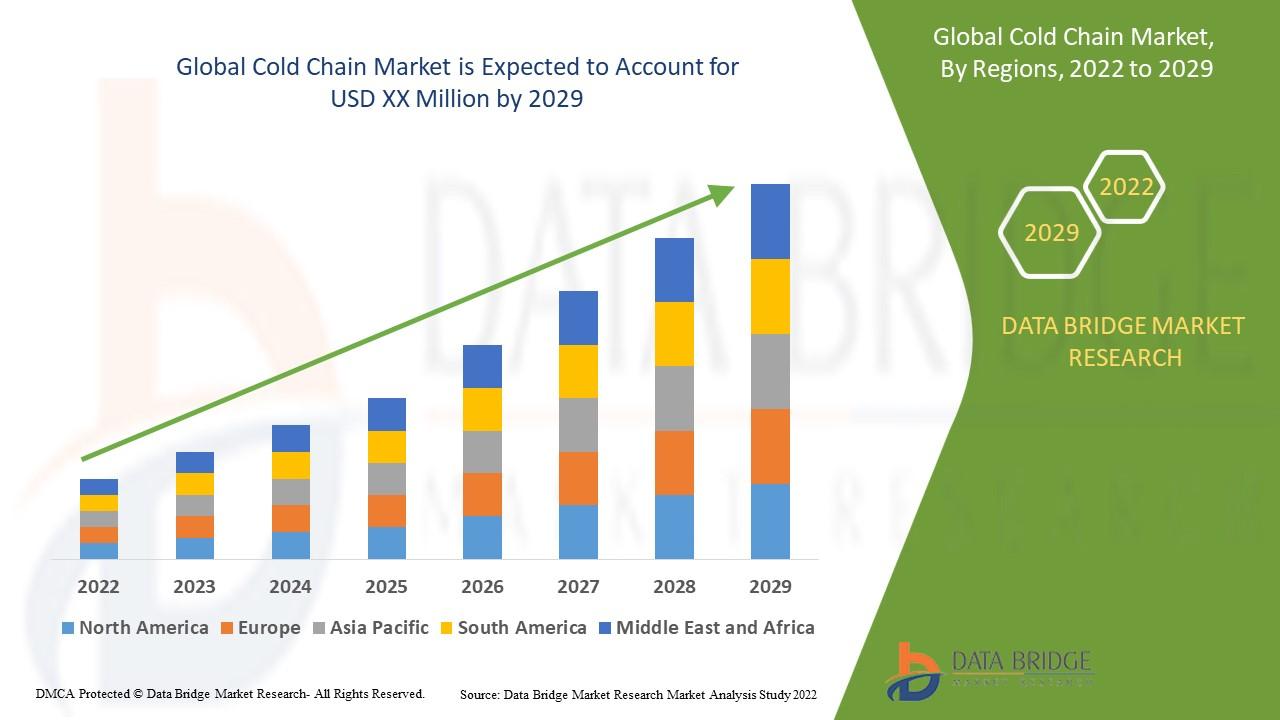Animal Genetics Market Value with Status and Analysis 2032

Introduction
The Animal Genetics Market involves the study and application of hereditary traits in animals to improve breeding, productivity, and disease resistance. It covers genetic testing, artificial insemination, embryo transfer, and the development of genetically superior breeds. Animal genetics plays a central role in modern agriculture, food security, and sustainable livestock management.
The importance of this market lies in its ability to improve livestock productivity, reduce disease prevalence, and enhance food quality. It supports global demand for meat, dairy, poultry, and companion animal health. Genetic improvement contributes directly to higher yields, reduced resource use, and climate resilience.
As of 2024, the global animal genetics market is valued at approximately USD 6.8 billion. Its relevance continues to grow as food security, sustainable farming, and biotechnology advancements drive investments worldwide.
Learn how the Animal Genetics Market is evolving—insights, trends, and opportunities await. Download report: https://www.databridgemarketresearch.com/reports/global-animal-genetics-market
The Evolution
The development of animal genetics as a scientific field dates back to the early 20th century with the establishment of Mendelian genetics in livestock. Artificial insemination became a widely adopted practice in the 1950s, revolutionizing breeding efficiency.
Milestones include:
-
The introduction of genetic testing in the 1980s for disease detection and trait selection.
-
The Human Genome Project’s influence in the 1990s, which accelerated genomic mapping in livestock.
-
The adoption of advanced reproductive technologies such as embryo transfer and in-vitro fertilization in the 2000s.
-
Next-generation sequencing (NGS) and genomic selection tools in the 2010s, enabling precision breeding.
Shifts in demand reflect global population growth, rising protein consumption, and growing awareness of animal welfare and sustainable agriculture.
Market Trends
-
Rising Protein Demand
Increasing global consumption of meat, poultry, and dairy fuels genetic improvement programs for higher productivity. -
Genomic Selection and Precision Breeding
Adoption of DNA-based technologies for accurate selection of traits such as milk yield, growth rate, and disease resistance. -
Companion Animal Genetics
Growing demand for genetic testing in dogs, cats, and horses for breed identification and inherited disease screening. -
Sustainability Focus
Use of genetics to breed livestock with lower methane emissions and higher feed efficiency. -
Integration of Artificial Intelligence (AI)
AI and machine learning are enhancing genetic data analysis, leading to faster and more accurate breeding decisions. -
Globalization of Genetic Material
International trade of semen, embryos, and genetic testing services is expanding cross-border market reach.
Challenges
-
High Costs of Genetic Services
Advanced technologies such as genomic selection and embryo transfer involve significant expenses. -
Regulatory and Ethical Issues
Ethical concerns around cloning, genetic modification, and animal welfare present barriers to adoption. -
Limited Awareness in Developing Regions
Smallholder farmers in emerging markets often lack access to modern animal genetics technologies. -
Supply Chain Disruptions
Cross-border restrictions on genetic material trade impact accessibility. -
Disease Risks
Global outbreaks like avian influenza and African swine fever pose risks to livestock populations, affecting demand. -
Data Management Complexity
Handling large-scale genetic data requires advanced infrastructure and expertise.
Market Scope
Segmentation by Type
-
Live Animals (Cattle, Poultry, Swine, Horses, Companion Animals)
-
Genetic Materials (Semen, Embryos)
-
Genetic Testing Services (DNA Testing, Genomic Selection, Parentage Testing)
Segmentation by Technology
-
Artificial Insemination
-
Embryo Transfer
-
In-Vitro Fertilization
-
Genomic Selection
-
Cloning
Segmentation by Application
-
Animal Breeding
-
Disease Testing
-
Breed Identification
-
Research and Development
Regional Analysis
-
North America: Strong adoption of advanced breeding technologies, driven by demand for high-yield dairy and beef cattle.
-
Europe: Regulatory frameworks supporting sustainable agriculture and animal welfare encourage adoption.
-
Asia-Pacific: Fastest-growing region, supported by rising protein consumption in China, India, and Southeast Asia.
-
Latin America: Brazil and Argentina play key roles in beef and poultry genetics expansion.
-
Middle East & Africa: Increasing adoption of animal genetics to enhance food security and livestock resilience.
End-User Industries
-
Commercial Livestock Farms
-
Veterinary Clinics and Hospitals
-
Research Institutions
-
Biotechnology Companies
-
Companion Animal Owners
Market Size and Factors Driving Growth
- The global animal genetics market size was valued at USD 7.11 billion in 2024 and is expected to reach USD 14.93 billion by 2032, at a CAGR of 9.70% during the forecast period
Key Growth Drivers
-
Population Growth and Protein Demand: Rising global meat and dairy consumption supports demand for genetically improved livestock.
-
Biotechnology Advancements: Innovations in DNA sequencing, CRISPR gene editing, and genomic selection.
-
Government Support: Agricultural development policies supporting livestock productivity and food security.
-
Sustainability Goals: Focus on climate-friendly livestock genetics to reduce emissions and resource use.
-
Companion Animal Growth: Increased spending on genetic services for pets in developed regions.
-
Expansion in Emerging Markets: Growing modernization of agriculture in Asia-Pacific, Latin America, and Africa.
Opportunities in Emerging Regions
-
Asia-Pacific: High demand for dairy and poultry genetics in India and China.
-
Latin America: Expansion of beef genetics in Brazil and poultry genetics in Mexico.
-
Africa: Need for disease-resistant breeds to improve food security.
Conclusion
The animal genetics market is positioned for strong growth, driven by the rising global demand for animal protein, technological advancements, and sustainability initiatives. With a projected market value of up to USD 15 billion by 2035, animal genetics will play a critical role in improving livestock productivity and ensuring food security.
Challenges such as high costs, ethical concerns, and regulatory barriers persist. Still, innovations in genomic technologies, AI integration, and expanding applications in companion animals offer promising opportunities for stakeholders.
Sustainability and innovation will remain central to the future of this market, ensuring that animal genetics continues to support global agriculture, food security, and animal welfare.
FAQs
1. What is the animal genetics market?
The animal genetics market involves the study and use of hereditary traits in animals to improve breeding, productivity, and disease resistance.
2. What is the current market size?
The market is valued at USD 6.8 billion in 2024.
3. What is the projected size by 2035?
The market is expected to reach USD 14.5–15 billion by 2035.
4. Which technologies are commonly used in animal genetics?
Artificial insemination, embryo transfer, in-vitro fertilization, genomic selection, and cloning are key technologies.
5. What are the main challenges in the animal genetics market?
High costs, regulatory issues, ethical concerns, and limited adoption in developing regions are key challenges.
6. Which regions show the fastest growth?
Asia-Pacific is the fastest-growing region due to rising protein demand and modernization of agriculture.
7. How does animal genetics support sustainability?
It improves feed efficiency, reduces emissions, and breeds livestock with higher disease resistance, supporting climate goals.
Browse More Reports:
Global Macroporous Materials Market
Global Management System Certification Market
Global Manned Security Services Market
Global Maraburg Hemorrhagic Fever Market
Global Marine Grease Market
Global Maternity Care Market
Global Meat Speciation Testing Market
Global Meat Tenderizing Agent Market
Global Medical Device Ethylene Oxide Sterilization Market
Global Medical Masks Market
Global Medical Terminology Software Market
Global Memory IP Market
Global Mercaptopropionic Acid Market
Global Metal Embossing Machine Market
Global Metalized Film Flexible Packaging Market
About Data Bridge Market Research:
An absolute way to forecast what the future holds is to comprehend the trend today!
Data Bridge Market Research set forth itself as an unconventional and neoteric market research and consulting firm with an unparalleled level of resilience and integrated approaches. We are determined to unearth the best market opportunities and foster efficient information for your business to thrive in the market. Data Bridge endeavors to provide appropriate solutions to the complex business challenges and initiates an effortless decision-making process. Data Bridge is an aftermath of sheer wisdom and experience which was formulated and framed in the year 2015 in Pune.
Contact Us:
Data Bridge Market Research
US: +1 614 591 3140
UK: +44 845 154 9652
APAC : +653 1251 975
Email:- [email protected]



